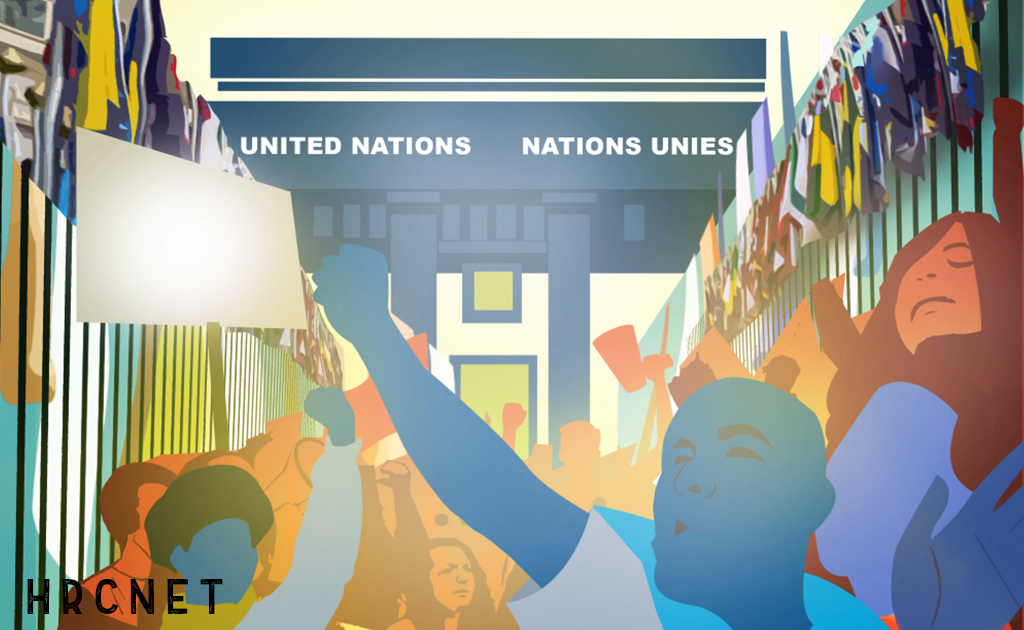National courts, tribunals and human rights institutions are meant to provide important avenues to seek redress and remedies for human rights violations or reprisals. Engagement with international and regional human rights systems can be important and powerful when national systems don’t exist, fail or are not credible, as well as to complement and amplify national-level advocacy.
Regional and international human rights systems help ensure accountability for human rights and generate needed pressure or encouragement for governments to improve their human rights practice.
Combatting reprisals
It’s important that governments never punish in any way people for raising human rights concerns at the UN and other fora. Such reprisals against people who defend human rights is a serious problem that the UN Declaration on Human Rights Defenders seeks to address.
Unfortunately, some countries perpetrate reprisals against defenders who cooperate with human rights systems or intimidate them and discourage defenders from engaging with them. Such reprisals take a range of forms such as threats, surveillance, defamation or other legal hindrance, physical attacks, torture and even killings.
If you are promoting or protecting the rights and freedoms included in the Universal Declaration of Human Rights (UDHR) you have the right to access and communicate with international human rights bodies and mechanisms. This might range from anything from writing a letter to one of the UN’s special experts to addressing the UN Human Rights Council.
Responsibility for ensuring safety
Governments have the primary responsibility for ensuring that everyone can communicate safely and effectively with human rights systems. This includes raising concern and taking action when other governments intimidate or inflict reprisals against people who defend human rights.
Of course, the international and regional human rights bodies and mechanisms themselves must do all they can to prevent and address any form of reprisals and intimidation.
ISHR and the right to engage with the human rights systems
Find out more about ISHR’s manifold work in order to end reprisals.

